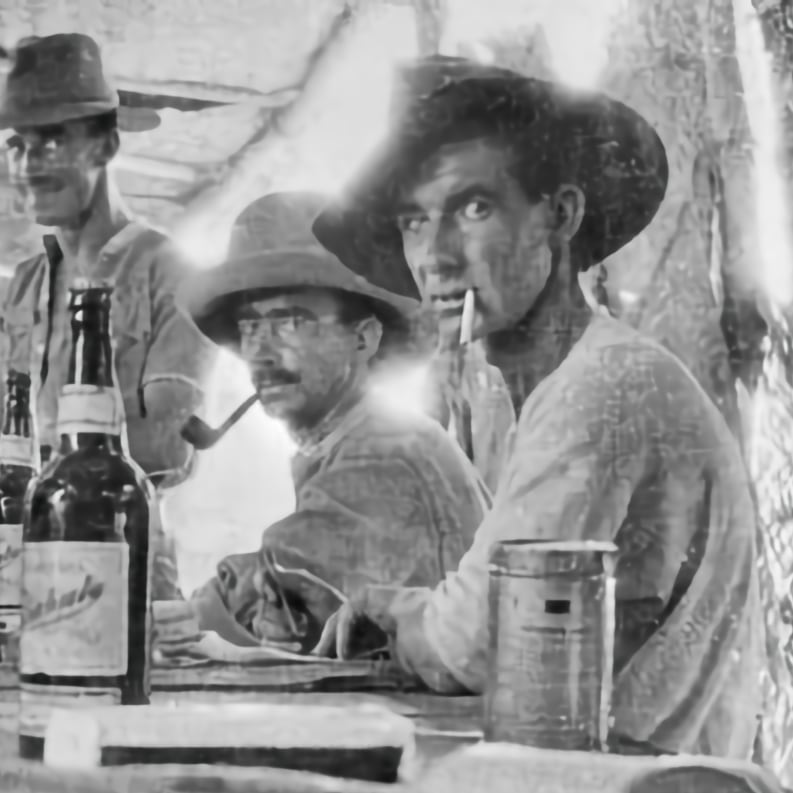Select Committees on Old-age Pensions and Tobacco Monopoly
Sending Messages from Australia to England at a Penny a Word
After the Liverpool riot of 1916, a mutiny over camp conditions in which thousands of drunken soldiers rampaged through Sydney, most states adopted mandatory liquor establishment early closure measures—unintentionally giving rise to the ‘six o’clock swill’, an after-work binge-drinking epidemic.
Responding to this and other incidents, the Senate established a select committee in January 1918 on dealing with the effects of alcohol on outgoing and returned soldiers and its sale during wartime and the subsequent demobilisation. Several committee members had served as soldiers; all were described as ‘water-drinkers’.
Its May progress report’s recommendations for reducing excessive alcohol consumption—including anti-‘shouting’ regulations and a requirement that invalid soldiers receiving hospital treatment wear blue armbands and that publicans be prohibited from selling alcohol to them—were introduced by the government in June.
The committee’s final report, tabled ten days after the war had ended, reiterated its previous recommendations but came out against a total prohibition of liquor across Australia—possibly its most significant outcome.
The Swiss Studios, Portrait of Josiah Thomas, National Library of Australia, nla.obj-136677123
Senator Josiah Thomas was the chairman of the committee investigating intoxicating liquor. Previously a member of the House of Representatives, Thomas was elected to the Senate as a Nationalist in 1917, a year after one of his sons was killed on the Western Front. A fervent supporter of the temperance movement, he became a Methodist preacher after his political career ended.
Thomas’ draft final report calling for prohibition was voted down in October 1918 by a 4–3 majority of committee members but was tabled as a dissenting report by the minority members.
The Swiss Studios, Portrait of Josiah Thomas, National Library of Australia, nla.obj-136677123
Hammer & Co, Portrait of Senator Rowell elected 1917, National Library of Australia, nla.obj-136723721
Senator Colonel James Rowell was a distinguished military officer who had served in the Boer War and was recalled to active service during World War I.
A fellow Nationalist on the committee, Rowell showed that committee decision-making does not necessarily follow party lines when he disagreed with Thomas on the subject of prohibition.
After the committee voted against Thomas’ twenty-one page final report, Rowell was tasked with preparing a new draft recommending against prohibition.
Hammer & Co, Portrait of Senator Rowell elected 1917, National Library of Australia, nla.obj-136723721
Australian War Memorial, P00562.133
Baqubah (Baquba), Mesopotamia (Iraq), 1918. Australian members of No. 2 Station, 1st Wireless Signal Squadron, Mesopotamian Expeditionary Force, enjoying `eleven o'clock refreshments’.
Australian War Memorial, P00562.133
Find Out More
|
National Library of Australia, nla.obj-35447587 |
